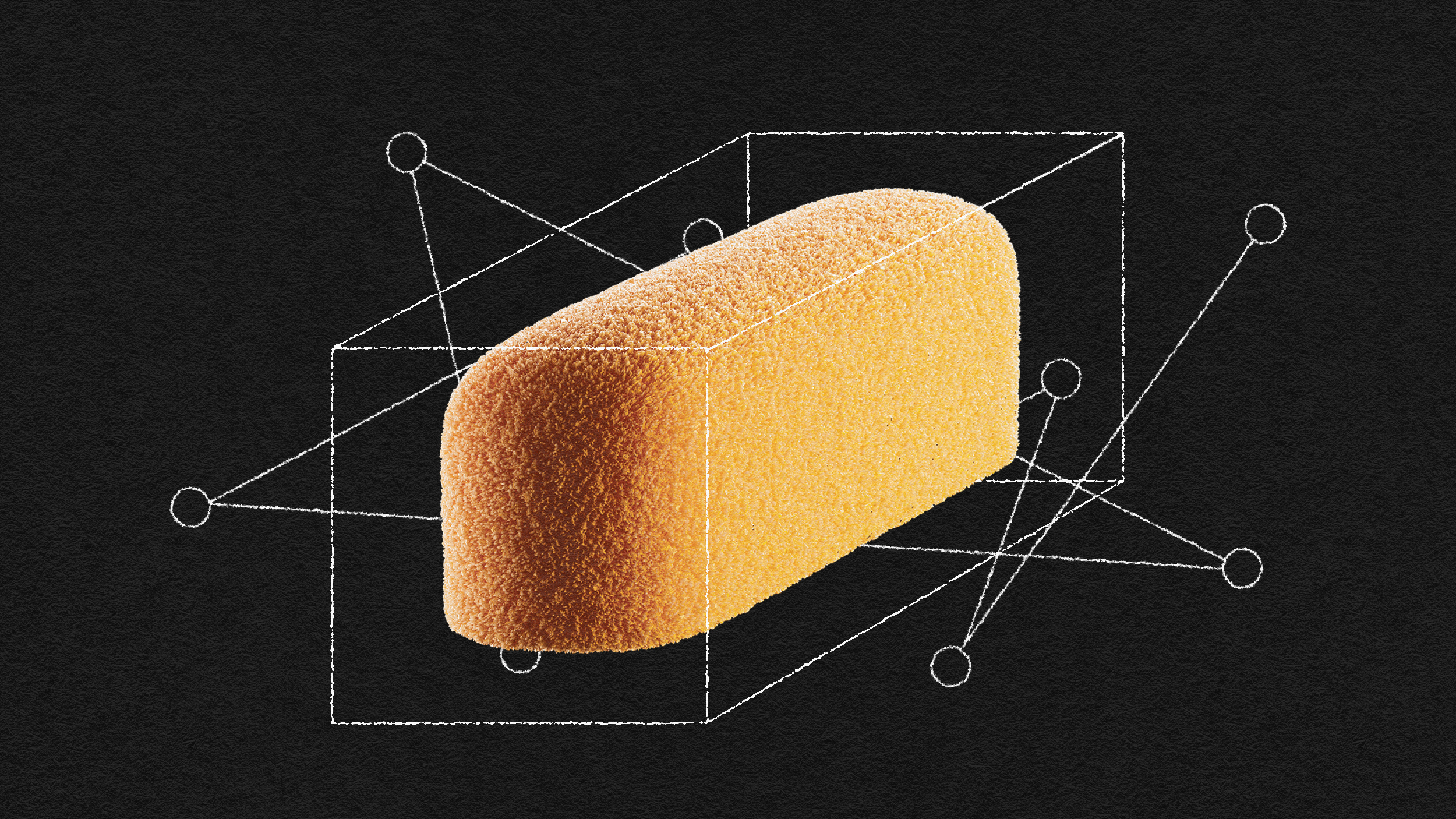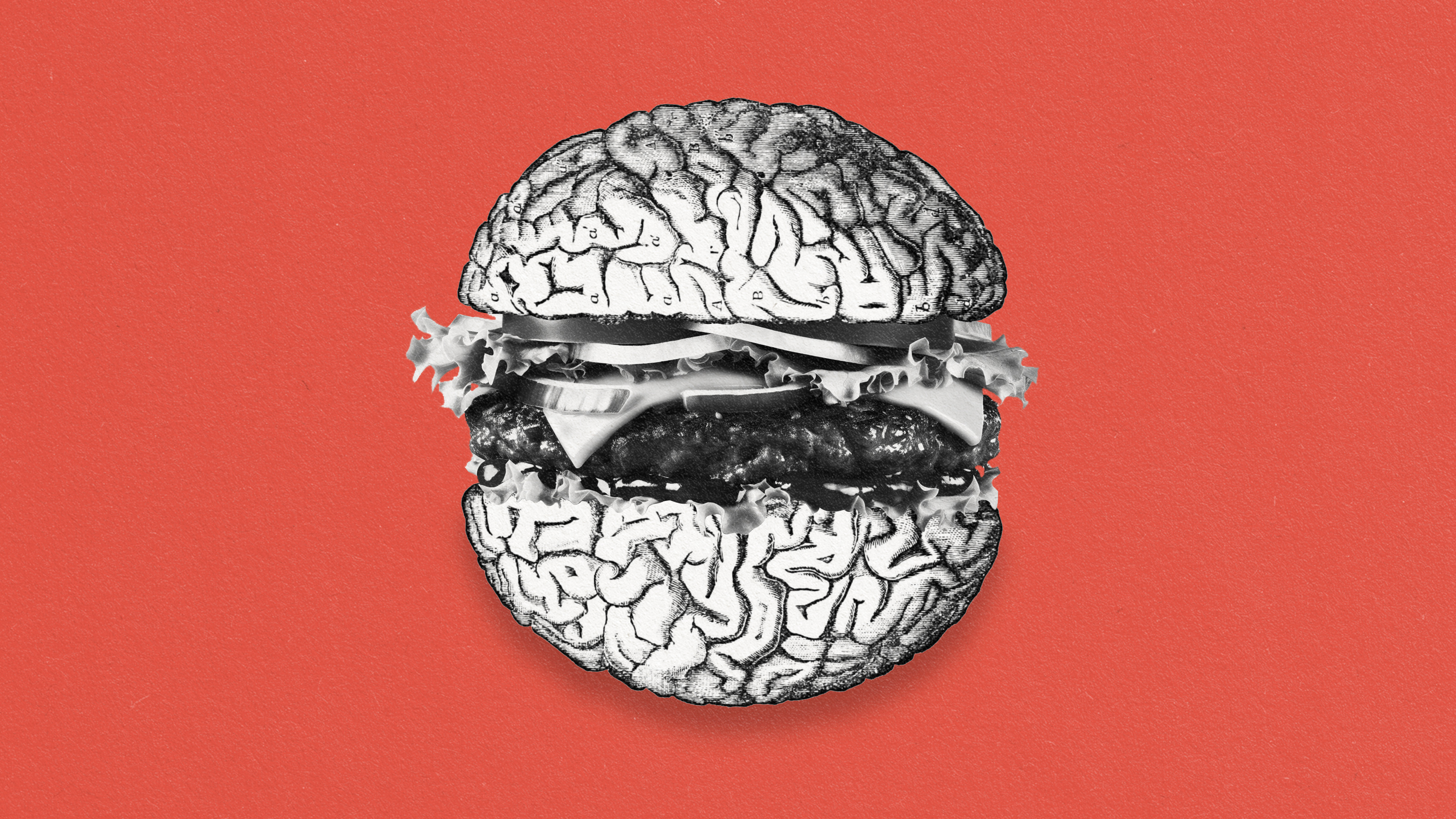High-fat diets can cause depression, study finds

Pixabay
- A new study explores the relationship between obesity, fat intake, and depression.
- The results showed that obesity induced by a high-fat diet, caused depression in mice, but that this was related to changes in the hypothalamus and not the extra weight.
- The study could pave the way for new depression treatments, which could help the nearly 50 percent of patients who don’t respond well to current antidepressants.
A new study suggests that a diet high in saturated fats can cause depression by disrupting the normal functioning of the hypothalamus.
Publishing their findings in the journal Translational Psychiatry, the researchers describe how there has long been an established correlation between obesity and depression. What’s been less clear, however, is whether obesity causes depression and, if so, which biological mechanisms drive the process.
To explore these questions, the researchers examined the relationship between obesity and depression-like symptoms within two groups of mice. One group was fed a normal diet, the other a high-fat diet in which 60 percent of calories came from fat. After three weeks, the mice on the high-fat diet showed depression-like symptoms, as measured by immobility during a forced swim test and a tail suspension test — both of which are commonly used to measure the effectiveness of antidepressants.
Interestingly, the researchers found that, though some mice were overweight, higher weights “did not correlate with increased immobilization during the tail suspension and forced swim tests after 3 weeks, suggesting that the performance of the mice in these tests was not affected by their increased body weight.
“In agreement with that, the depression-like phenotype developed on mice fed an HFD [high-fat diet] was not accompanied by less locomotor or rearing activity during the open field test compared with mice on [the control diet],” they wrote.
These results suggested that something in the mice’s brains — and not the extra weight — was causing depression.
After conducting protein and mRNA analyses, the researchers found that a high-fat diet disrupts the cAMP/PKA signaling pathway in the hypothalamus. This seems to be caused by the accumulation of fatty acids in the hypothalamus, a result of a high-fat diet. These accumulated fatty acids interfere with the normal functioning of the hypothalamus, leading to depression.
“This is the first time anyone has observed the direct effects a high-fat diet can have on the signaling areas of the brain related to depression,” George Baillie, lead author on the study, told New Atlas. “This research may begin to explain how and why obesity is linked with depression and how we can potentially better treat patients with these conditions.”
The researchers noted how half of all people with depression — and most obese individuals with the condition — don’t respond to antidepressants. This new research, however, could pave the way for a “a new generation of antidepressants” that can help restore normal functioning to the hypothalamus.





